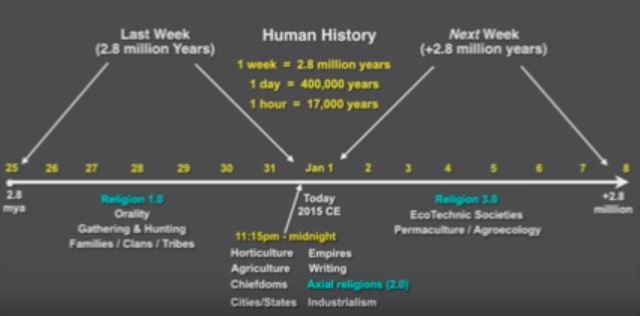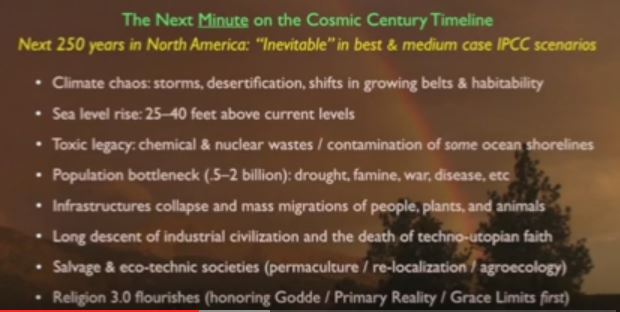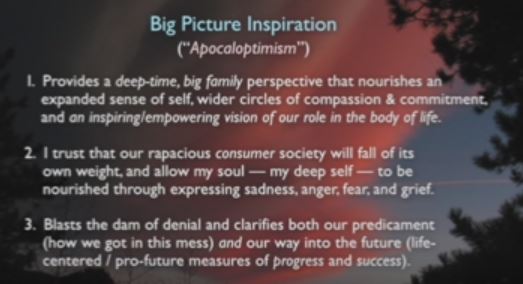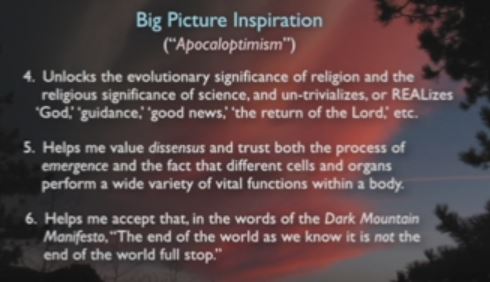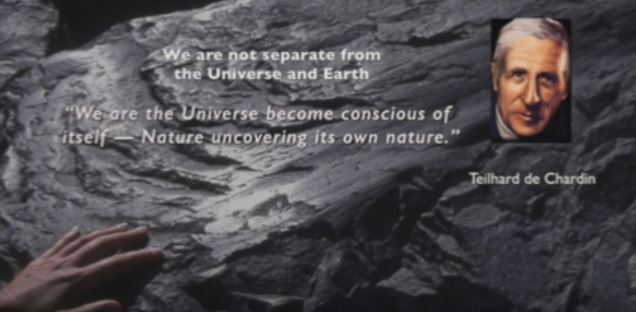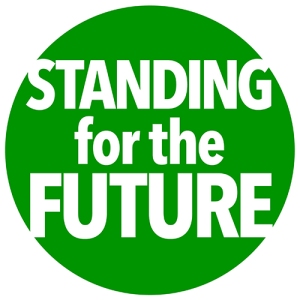In the early days of dealing with the coronavirus and the exponential rise of Covid-19 cases, there was a palpable sense of unity and solidarity – “we are all in this together.” We saw the rise of mutual aid grassroots groups and many expressions of care and concern for what came to be known as the front line.

Tensions and trauma mounted as the weeks of inaccurately titled “lockdown” turned into months. Conflicts have erupted with concerns raised about liberty and authoritarianism. Old divides from unresolved issues in our society have returned with a vengeance. Another black man is killed by a police officer as other police watched. The lack of equality is exposed once again. Riots erupt, and fingers point in multiple ways to the actual source of violence (see for example this report).

Conspiracy theories abound and distract. Meanwhile, and in plain sight, the haves continue to take advantage of the have-nots in an unparalleled extraction of wealth from every aspect of the economy as possible. The Equality Gap is widening dramatically. The extreme inequality in wealth and power that already exists is in the process of becoming vastly more extreme. As Kenny Ausebel put it,
“Corona capitalism just engineered the biggest heist in history: a hostile takeover amounting to between $4 to $10 trillion, with corporate concierge service from the Fed. For everyone else, it’s busy signals and crashed web sites, endless dysfunctional bureaucratic hoops and life-threatening delays. When it’s finally safe to go out again, we will find a very different world: Giants and dwarves, Lords and serfs.”
Naomi Klein has outlined How Big Tech Plans to Profit from the Pandemic via what she calls “The Screen New Deal.”
And Nafeez Ahmed’s investigative journalism has revealed: “The COVID-19 public health crisis is enriching a murky nexus of technology surveillance firms linked to senior Government officials – at the expense of people’s lives. The financial adventures of a former MI5 spymaster and the medical fantasies of Boris Johnson’s top advisor point toward an unnerving endgame: an artificially intelligent (AI) corporate super-state, with a special focus on NHS genetic research inspired by eugenics.”
The wealthiest and most influential asset holders have been insured by the world’s most powerful central bank without conditions.
Forbes reports that “Twenty five of the wealthiest people on Forbes’ list of the world’s billionaires are worth a whopping $255 billion more than when the U.S. stock market hit a mid-pandemic low on March 23.”
With all that is going on as outlined above, I find wisdom from Edgar Morin. His book Homeland Earth: A Manifesto for the New Millenium , written with Anne Brigitte Kern, applies very well to the situation we find ourselves in today, with the tensions and trauma of dealing with the coronavirus, combined with the deeply embedded inequalities in our culture, the concerns about liberty and authoritarianism, and the extractive nature of neoliberalism and disaster capitalism currently exploiting the crisis we are experiencing. Not to mention the ecological crisis, which is a central theme of the book.
“In 1789, the French Revolution established the democratic norm, supplemented in 1848 by the triune slogan: Liberty, Equality, Fraternity. This trinity is complex, as its terms are mutually complementary and antagonistic: left to itself, liberty kills equality and fraternity; compulsory equality kills liberty without achieving fraternity; and fraternity, without which no lived fellowship can possibly exist between citizens, must check liberty and bring down inequalities, even though it cannot be promulgated or established by law and decree.”
– Edgar Morin, Homeland Earth (1999), p. 90

The French Revolution ushered us into The Age of Enlightenment and Modernity with this triadic concept of “Liberty, Equality, Fraternity.” But how well has any society embodied these three principles?
Liberty (at least for white men) was a theme for the American Revolution as well as well as the French Revolution, and continued as a primary theme during the Civil War. Even so, it remains fragile, and outside of the grasp of many in the world.
After the two world wars and the great depression, Equality became a dominant theme for the civil rights and feminist movements, and a hallmark of Post-Modern pluralism. And yet, current events demonstrate how we have fallen painfully short of the mark. As I write, protests and riots are rocking the United States, in response to the death of George Floyd at the hands of Minneapolis police.
Fraternity, limited from the beginning, since its Latin root means only ‘brotherhood,’ has still not been successfully demonstrated as a major cultural theme in the modern or post-modern world. Communist regimes have failed to manifest anything beyond a forced unity as they were overcome by totalitarian tendencies. Post-WWII initiatives such as the U.N. and Bretton Woods institutions have played important moderating roles but have lacked the strength to accomplish much in the way of real change.
Reframing the terminology as Freedom, Justice, and Kinship, our first task is to fully embrace the healthiest expression of the post-modern pluralism. As Gary Hampson has astutely noted, the way out (of postmodernism) is through (postmodernism). We’ve got to fully inhabit and grok this stage if we want to move forward and beyond. Black lives do matter. White male privilege is real. Gender identity and LGBQT issues have something to teach us. This is not to discount dysfunctions and unhealthy expressions we often see at play.
As Edgar Morin suggests, kinship is needed to regulate freedom and to support justice. If we can move past the Post-Modern cultural phase into an Integral or Meta-Modern phase, kinship should become a major cultural theme, which can assist us in a better balance and integration of freedom and justice, and should embody “citizenship in its deepest sense” (Morin).
As the integral framework is intended to “transcend and include,” it can potentially bring forth the best of capitalism (freedom), socialism (justice), and, yes, communism (kinship). And perhaps “transcend and include” could be transformed into “embrace and befriend” as Will Varey suggests – “An approach of ‘transcend and include’ validates the higher by the potential overshadowing of the included lower. In a reflexive reconsideration, perhaps there is virtue in the alternative paradigmatic approach to ‘embrace and befriend’.” (from Integral Explanatory Coherence: Consilience. Resonance. Coherence).
Can an integral consciousness manifest a type of “communism” that is not a totalizing ideology in nature and able to balance with the best aspects of capitalism and socialism? Riane Eisler suggests that we move beyond terms such as capitalism, socialism, and communism, and embrace a new economic organizational form she calls “Partnerism“.
Jeremy Johnson’s recent essay (Meta, Modern: Understanding the Phenomenology of Consciousness) outlines the vibe and vision for an integral or meta-modern consciousness structure, rooted in the work of Jean Gebser. Johnson explains:
…we no longer inhabit a mere (post) modern sensibility…Our position in the present is oscillatory, characterized by liminality…This structure of feeling, like a pendulum, swings back and forth in anticipation of a new cultural sensibility. But we need not merely bounce between modern and (post) modern; tomorrow is already latent in our cultural phenomenology.
Is kinship so far out of reach as it appears? Bonnitta Roy has recently provided a startling insight in her recent 2 part essay, Corona: A Tale of Two Systems. Part 1 here and Part 2 here).
Bonnitta points out that civilizations have always had ideologies of connection, and that even prior to civilization there was a felt sense of kinship with others, and even a deep connection with the natural world. She states:
“Ever since the beginning of civilisation we have built the illusion of unity as somewhere up there, somewhere in our future if we can just get it right. This is because we have turned our backs on the ever-present reality of our prior unity in the depths of our evolutionary becoming. The deeper evolutionary layers of our being are the larger universals. We are precariously tethered by an ideology of the market, but we are innately connected through our participation in and interdependence with the life force of the planet.
… The deeper, ontological reality is that we come from unity and grow toward diversity. There is no need to fashion a story or a system to “seal the deal.” The deed has been already secured through our natural human heritage.”
It is important to understand that it is a unity/diversity polarity – two sides of one coin, rather than conflicting opposites. When we can truly connect with the many elements that provide us with an underlying unity, we can then become more secure in embracing our diversity without conflict.
Diane Hamilton, Gabriel Wilson, and Kimbely Loh have recently co-authored a book entitled “Compassionate Conversations: How to Speak and Listen from the Heart.” In a recent conversation about the book between Ken Wilber and Diane Hamilton, they discuss this very topic of Integrating Unity and Diversity as they address the question, “How can we begin to cross those divides and heal as a community, as a nation, and as a single human family?”
Kinship includes a sense of unity with the natural world as well as our fellow humans. Here we come to the work of philosopher Donna Haraway: “For Haraway, “kin” means something other than entities bound by ancestry – it signifies new kinds of relations between humans and non-humans alike. She states that “making and recognising kin is perhaps the hardest and most urgent” challenge humans in and of the earth face today, although in the deepest sense, “all earthlings are kin” (Haraway, 2016b).”
Recognizing kin can be a kind of spiritual practice, as demonstrated in this short video on Encounter, featuring Dr. Stephen Harding, followed by some words of wisdom from David Fleming (this is an excerpt from the film on David Fleming, The Sequel: What Will Follow Our Troubled Civilization .
Encountering Another Being II from Empathy Media on Vimeo.In his recent, masterful, connecting the dots article (White Supremacism and the Earth System, Nafeez Ahmed provides a big picture perspective, pointing out that the “otherization” that is currently happening on such a broad scale is the result of a global systemic crisis. We need to look beyond the obvious symptoms to wider issues behind them, and to be ready to adopt a system change.
Ahmed writes,
“As the prevailing system declines, breaks down, weakens, elicits the unleashing of rage and angst, this very process of weakening creates a clearing of systemic uncertainty….
This is what I call the global phase shift. This is the transition point where small, local actions can have wider, accumulative, system-wide effects. This is the moment where each of our choices has a momentous, history-forging potential.”
Cultural philosopher Jean Gebser envisioned a consciousness mutation after a period of chaotic breakdown. He referred to this as an integral-arational structure of consciousness (The Ever-Present Origin).
Peter Pogany summarized Gebser’s vision as follows:
“The collision between our civilization and its ecological constraints, along with a likely historic crisis of epic proportions, may be regarded as the struggle of integral-arational consciousness (Gebser’s “fifth structure”) to deprive overblown rationality (the deficient phase of mental consciousness) from its current preeminence.”
Key characteristics of this integral structure of consciousness must include…
Freedom, Justice, and Kinship.
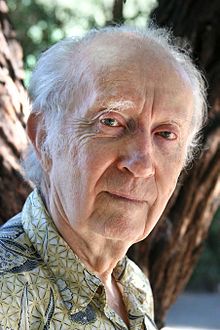
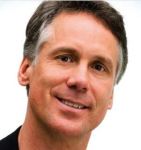 “These three videos are the culmination of my life’s work to-date and, by far, my most important legacy contribution.”
“These three videos are the culmination of my life’s work to-date and, by far, my most important legacy contribution.” 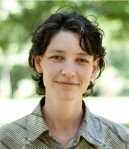 What is ‘Apocaloptimism’? Michael Dowd first heard
What is ‘Apocaloptimism’? Michael Dowd first heard 